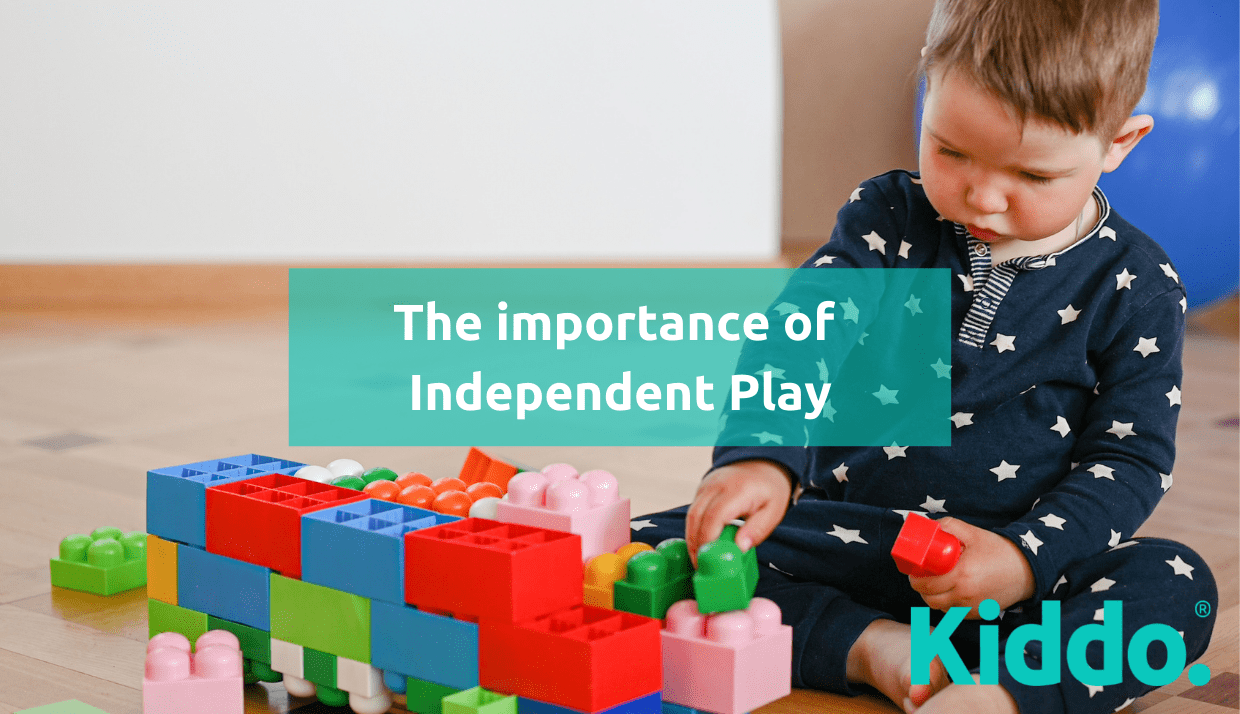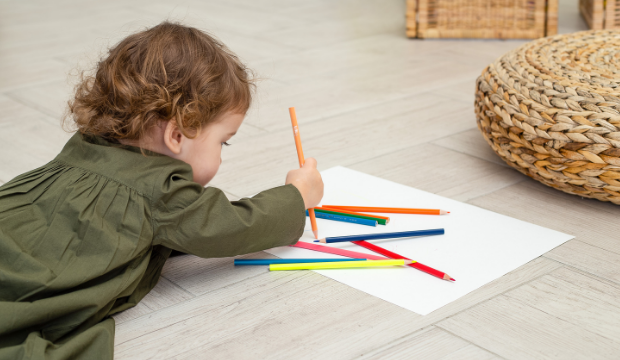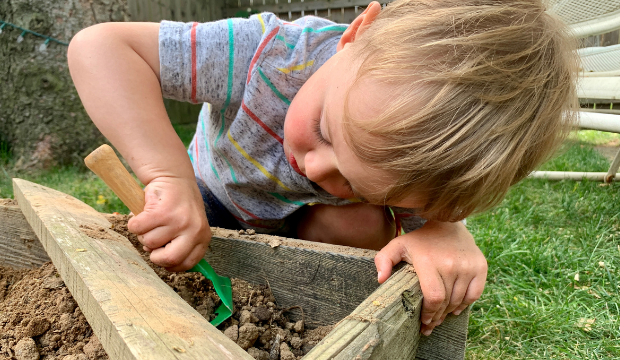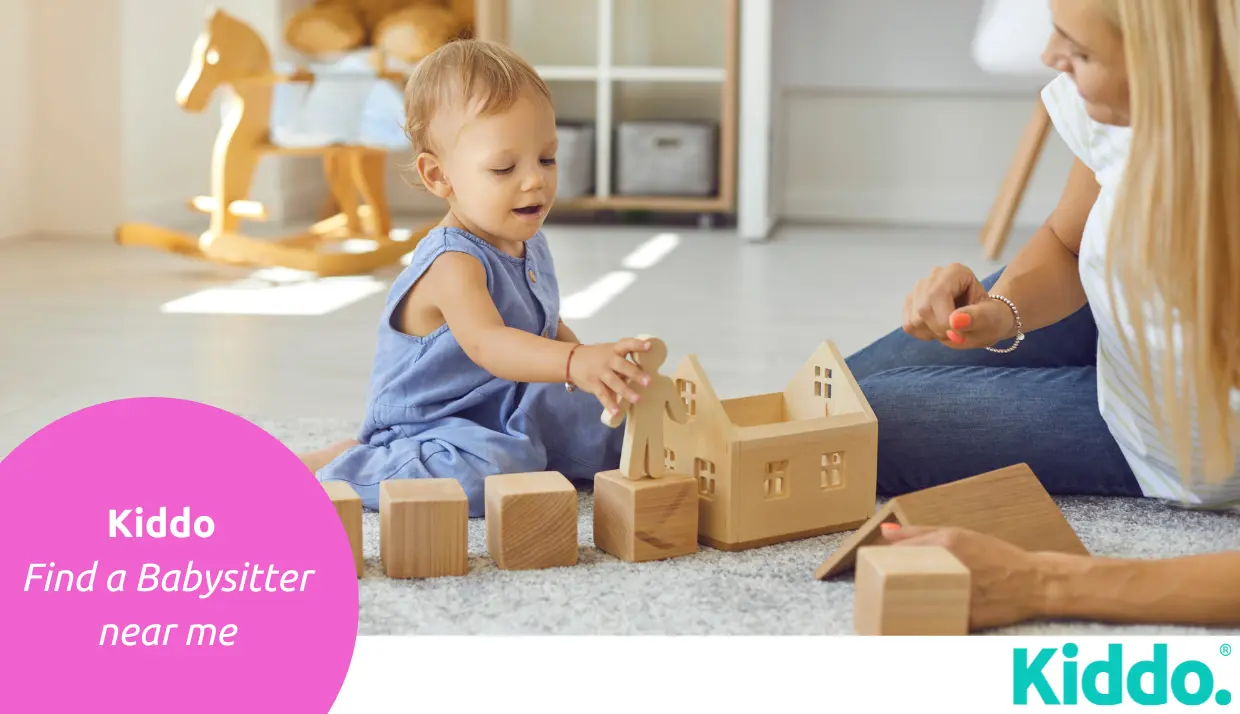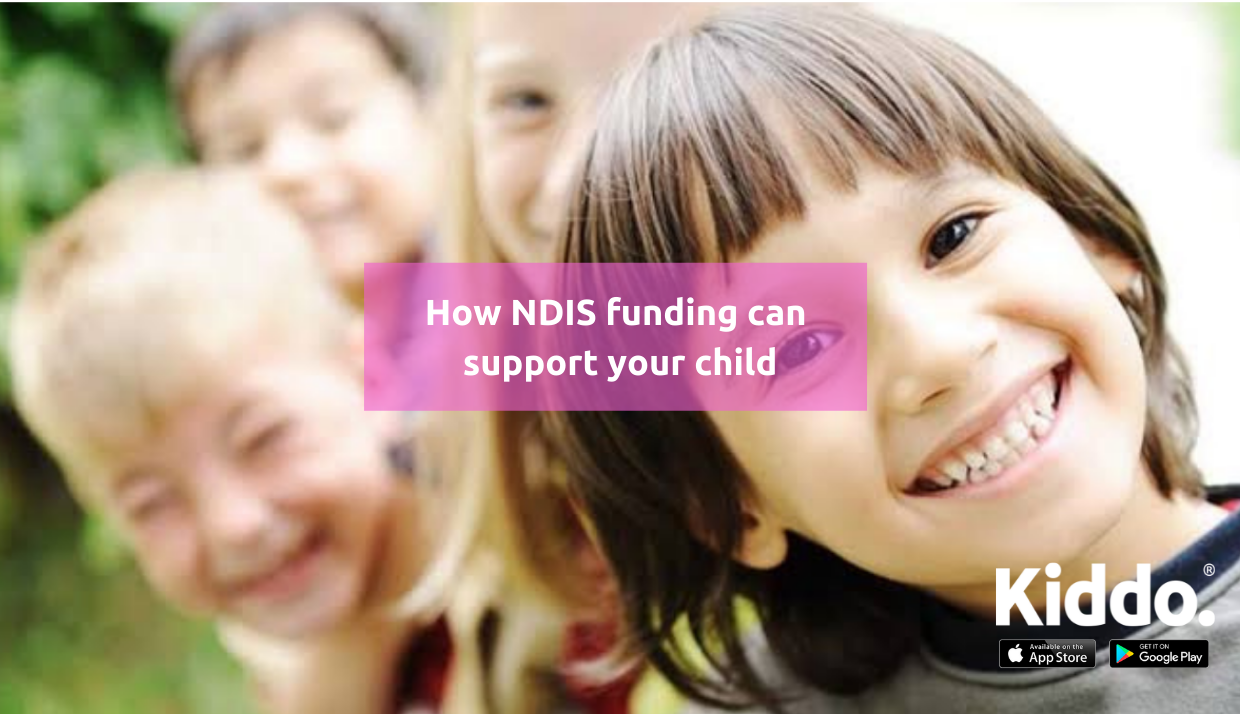Early Childhood Development | Amazing benefits for your child
Play is a large part of early childhood development (something that every Kiddo App babysitter understands). But as good as structured play can be, there is another area of play that holds its own amazing benefits. It’s called independent play.
Independent play is not like social play where kids play together or guided play with context orchestrated by adults. It is when a child plays by themselves without a script involved. This “anti-structure” means of play is an essential part of early childhood development. When encouraged, it can offer incredible independence and life lessons they will carry with them throughout their lives.
The Benefits of Independent Play
o Makes the Transition to School Easier
Young kids who are encouraged to play independently tend to transition easier into primary school. That is because they will already know how to stay focused and problem-solve alone. Their sense of self and confidence will be higher from the beginning, making it easier to get good grades and making friends that match their personality.
o Grows Patience, Resilience, and Persistence
Independent play allows little ones the freedom to experiment. It gives them the ability to figure out creative solutions and try different things on their own. As a result, their resilience and persistence grow. Even if they end up needing help regardless, they are still learning another key thing, which is having patience.
o Builds Their Social Independence
By letting your child play independently, it can build their social independence. When your child plays alone, they will learn to feel content and happy being by themselves. Furthermore, they will recognize that they can enjoy their own company regardless of who might be around them. For instance, if your child wants to climb a tree and none of their friends do, it won’t hold them back; they will still feel comfortable doing it alone.
o Become Better Learners
Kids who were inspired to do independent play are often better learners now and later in life. That results from their ability to stay focused on tasks and remain calm as they work through obstacles. They will also regulate their emotions better and follow through with learning new skills instead of quitting.
Fun Fact!
According to Parents.com, here are the recommended times a child should have independent play: 5 minutes for a 6-month-old, 15 minutes for a 12-month-old, 15-20 minutes for an 18-month-old, and 30 minutes for a child aged 2.
So let be, let them play!
In summary, every child is born with the intense drive to get lost within their own imagination. Independent play gives kids the opportunity to flex their imagination, inspiring them to stay curious and self-supporting.
So, if you ever see your child playing alone with various creative materials or toys, let them be. It does more than bolster their self-esteem, it also improves their innovation, enhanced problem-solving skills, and improves self-regulation. All critical things that will help shape those little ones into well-balanced, successful adults.
Need more ideas and inspiration for childhood development, parenting and all things Kiddo related? Check out Kiddo App's Blog "25 Indoor activities to entertain the kids at home" here.
Connect with a qualified babysitter now who understands the power of independent play and download the Kiddo App today. From Brisbane, Melbourne to Sydney, every listed babysitter/nanny is entirely passionate about helping your little ones thrive.
